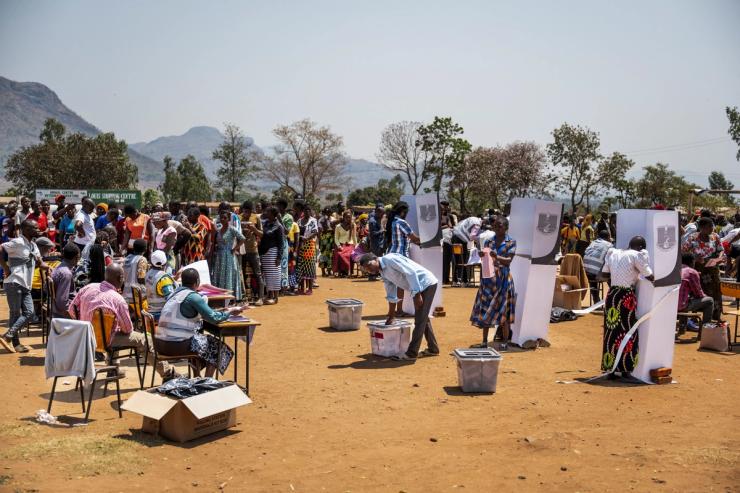Maurice Kamto. Luhaga Mpina. Tidjane Thiam. You might not be familiar with all of these names, but they are leading opposition candidates for three of the most important elections in Africa this year in Cameroon, Tanzania, and Côte d’Ivoire. In fact, it might be more correct to say they were leading opposition candidates: None of them made it to the ballot in their respective countries because they’re up against the legal and political machinery of powerful incumbents.
While there was never any guarantee that these candidates would win a majority in their respective elections, the fact that their electorates didn’t get to make that decision is notable.
It’s important we don’t repeat the “African democracy failings” narrative here: Each country’s situation is quite different. But as some have wryly noted, with a much weakened opposition, in each country, the incumbent probably has less need to rig the ballot.
Therein lies the big question: Is the purpose of democracy to hold regular elections sans rigging — or to ensure a process which truly reflects the will of the people? Despite the concerns around African democracy, Afrobarometer’s annual African Insights survey shows voting in elections remains the predominant form of political and civic engagement, with nearly three-quarters of respondents voting in their country’s elections last year.
The answer is clear, the results might not be.


